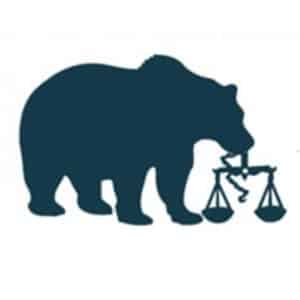|
Listen to this Article
|
Any new presidential administration ushers in changes in policy and prioritizes, requiring people in different sectors and industries to adjust to the changes that will be made by both the federal branch and the legislative branch of government. After President Trump’s inauguration in January 2017, many began to speculate that employment discrimination policies may change under this new administration.
Facts to Know About Recent Changes to Employment Verification Discrimination Rule
According to an article published on the Society for Human Resource Management website, changes to the employment verification discrimination rule became effective on January 18, 2017 – just days before Donald Trump was inaugurated as the 45th President of the United States. Highlights of the rule and recent changes to it include:
- The rule has been in effect since 1990. Since then, employers have been prohibited from requesting different documents from individuals depending on their race, religion, sexuality, gender or background, during the employment verification process.
- Until January, the employer could only be charged with discrimination during the hiring process if it could be proved that the intent of requesting different documentation or rejecting documents was to do harm to the individual based on discriminatory factors.
- On January 18, 2017, the employment verification rule was changed to become more strict in both policy and practice. Now, employers are explicitly prohibited from requesting different documents from an individual based on their race, religion, sexuality, gender or background, and can be charged with discrimination even if the intent is not malicious. In some cases, employers may request different documents in an effort to be helpful, but this can now be considered discriminatory – regardless of the original intent.
- Employers should recognize that these changes apply to the e-Verify process as well, which is used by many employers throughout the country.
- Employers also should note that the Department of Justice is prepared to monitor employment and hiring practices at all stages of the process – from the time of recruitment through the actual interview and hiring process.
What Could Change During the Trump Administration?
While the new changes were just put into place in the middle of January, employers also should expect additional changes to occur as a result of the changing presidential administration. The Trump Administration, in particular, is focused on immigration policies, which may have an impact on the employment verification rule.
Employers may find that they are subjected to further regulation and screening regarding the hiring of immigrants and the hiring processes that are used in order to hire immigrants. Given the nature of these rules and the fact that employers are prohibited from requesting different documentation from an individual solely based on their national origin or country of origin, it is pivotal that employers evaluate their hiring processes and follow all legalities as strictly as possible. There is expected to be an influx of investigations, charges and fines applied to employers who do not follow the proper procedures for hiring immigrants to work within their organizations. Recently, the fines were increased for employers who are charged with immigration workplace violations, which adds urgency to the need for employers to have a solid understanding of the law and closely work with a civil rights litigation attorney.
Individuals may find the complex employment verification discrimination rule to be difficult to understand and manage on their own. In the event that the rule, or any changes to the rule, are causing an individual stress or frustration, it is important to contact a civil rights litigation attorney who can provide you with the assistance or guidance that you may need. To learn more about this rule and other changes that may occur as a result of the new presidential administration, contact our civil rights litigation law firm today.


